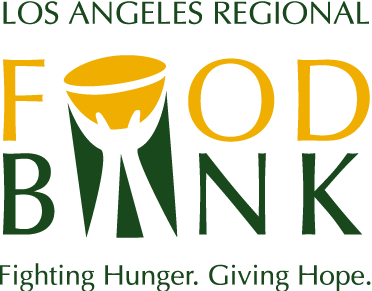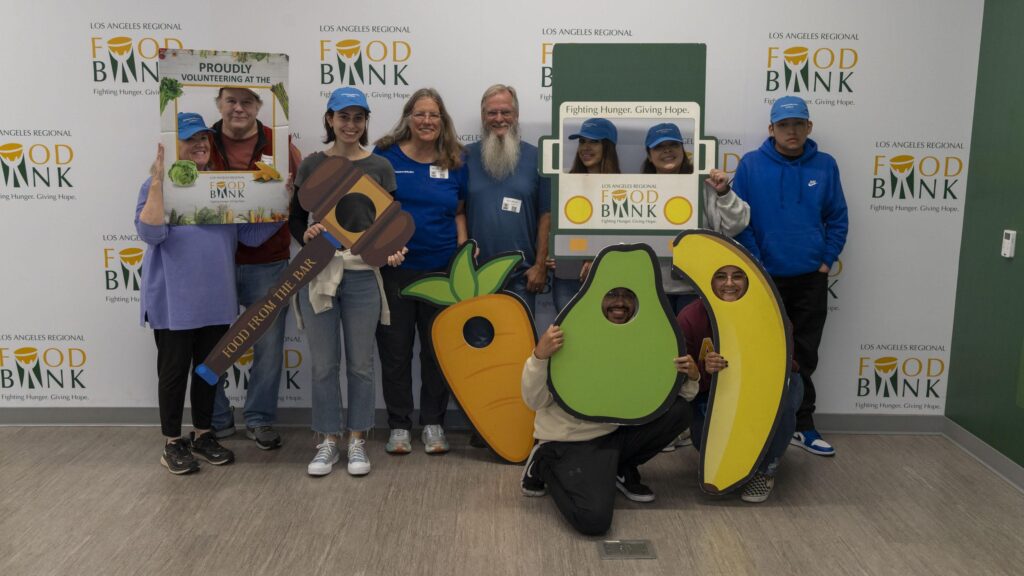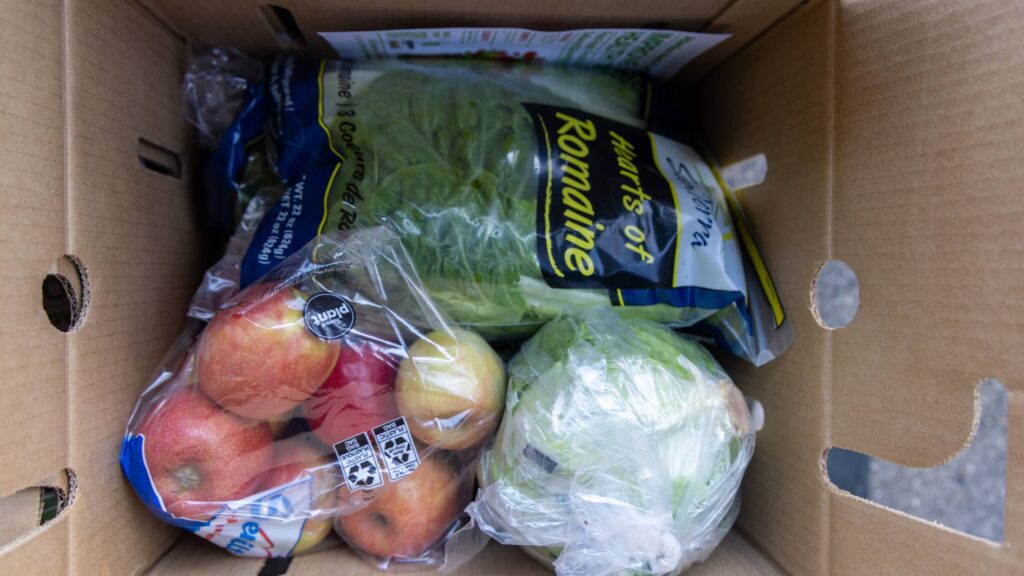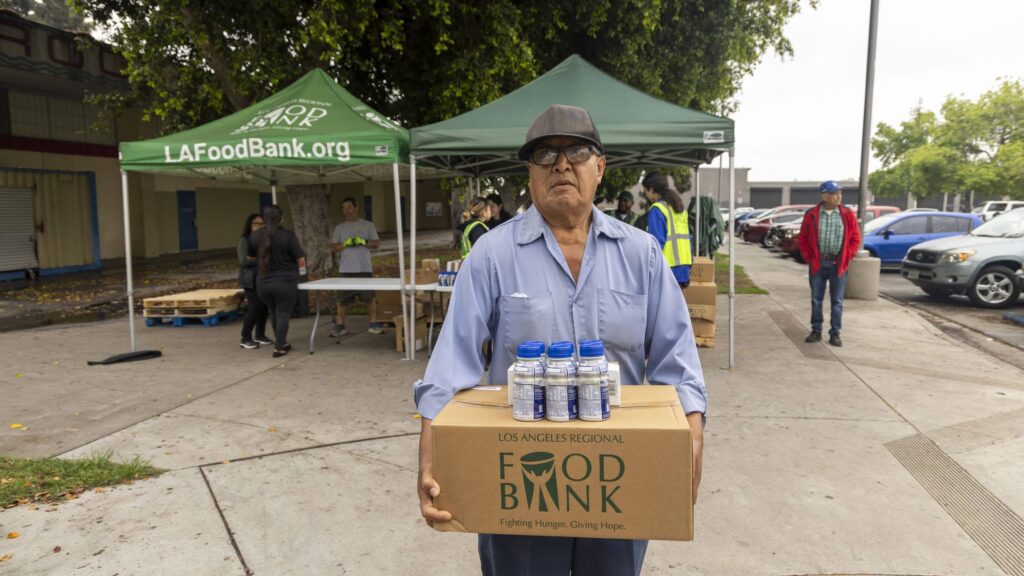How Food Waste Harms Global Climate
How Food Waste Harms Global Climate
Find out how food waste is hurting our planet and what the LA Regional Food Bank is doing to fight food waste
Fifty years ago, a man named Tony Collier was trying to rescue perfectly good food from going to waste. Collier might be surprised to know how big the organization he started has gotten. The Los Angeles Regional Food Bank now continues his work of taking food and product donations off the hands of growers, supermarkets and distributors and providing food for those in need throughout LA County.
Today, the Food Bank continues to work towards food rescue, including at its new City of Industry Distribution. With more than 256,000 square feet, the Food Bank will be able to store more food and, hence, feed more individuals and families throughout the County. Additionally, the new facility will include the S. Mark Taper Foundation Food Rescue Center, where volunteers will sort, glean and pack rescued food for our neighbors in need.
Learn more about the Food Bank’s Building Hope Campaign
In a world grappling with climate change, every step towards sustainability matters. The State of California has taken a significant stride in the fight against food waste and its adverse effects on the climate. With the passage of Senate Bill 1383 (SB 1383), the state has set ambitious goals to reduce food waste and redirect edible food to those in need.
What is SB 1383? And How it Fights Global Climate
SB 1383 represents a landmark statewide effort to combat food waste. This legislation mandates California to recover no less than 20 percent of edible food that would otherwise be discarded by 2025.
SB 1383 requires every jurisdiction to provide organic waste collection services to all residents and businesses. “Organic waste” encompasses various materials, including food, green waste, landscape and pruning waste, textiles, lumber, paper products, and more.
Food Waste and Its Climate Impact
Food waste is more than just discarded meals and leftovers. It has a profound impact on the global climate in several ways:
Methane Emissions
When food scraps and organic waste end up in landfills, they decompose in an anaerobic environment (without oxygen), producing methane gas. Methane is a potent greenhouse gas with a much higher global warming potential than carbon dioxide (CO2), significantly contributing to climate change.
Energy and Resource Use
Producing food requires substantial resources, including water, energy, and land. When food is wasted, all these resources go to waste as well. For instance, the energy used for transportation, refrigeration, and food production is squandered when food is discarded, increasing greenhouse gas emissions.
Deforestation and Land Use Change
To meet the growing demand for food, forests and natural habitats are often cleared, leading to deforestation and land use change. This releases stored carbon from trees and soil, further contributing to climate change.
Water Footprint
Food production consumes vast amounts of freshwater. When food is wasted, it represents a squandering of water resources, exacerbating water scarcity and related climate impacts in regions already facing water stress.
Greenhouse Gas Emissions from Agriculture
Agriculture itself is a significant contributor to greenhouse gas emissions. When food is wasted, it magnifies the carbon footprint of agricultural practices, including emissions from synthetic fertilizers, transportation, and machinery.
Lost Carbon Sequestration
Natural ecosystems like forests, wetlands, and grasslands play a crucial role in sequestering carbon dioxide from the atmosphere. Food waste contributing to deforestation or land degradation disrupts these ecosystems’ ability to capture and store carbon.
Supply Chain Emissions
Food production involves complex supply chains, each stage contributing to greenhouse gas emissions. When food is wasted at any point in the supply chain, all associated emissions are also wasted.
A Sustainable Future Through Food Waste Reduction
Addressing food waste is a critical step in mitigating climate change. Strategies to combat food waste include better storage and transportation practices, raising consumer awareness and encouraging responsible behavior, redistributing surplus food to those in need, and composting or recycling food scraps to minimize methane emissions from landfills. By reducing food waste, we can not only minimize the carbon footprint of our food systems but also contribute to a more sustainable and climate-resilient future.
As we move forward, remember that each plate of food saved and every effort to reduce waste brings us closer to a greener, more sustainable world.
If you’re interested in making a difference in your community, consider volunteering at the Food Bank. Learn more about volunteering opportunities.





